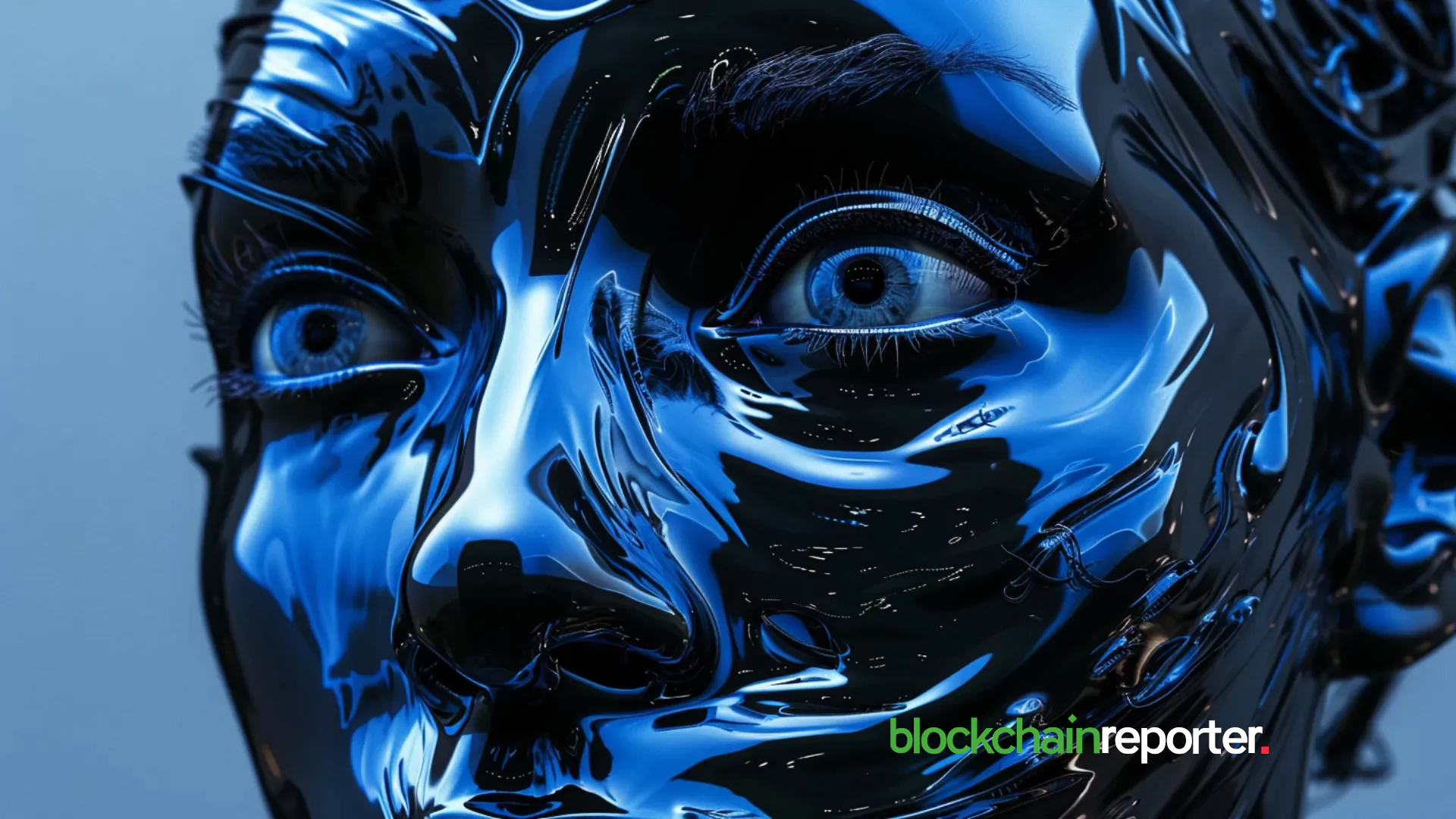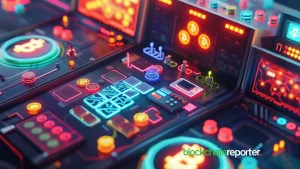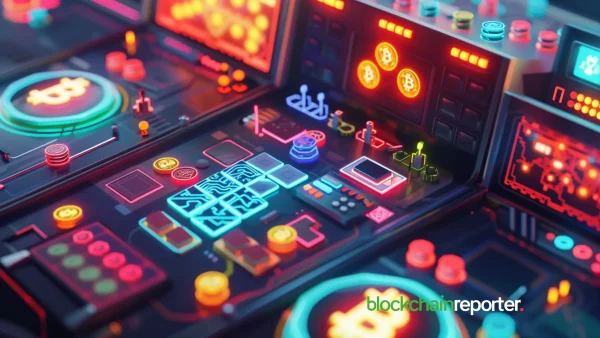
Artificial intelligence (AI) exists in our everyday lives in the modern world, supporting new forms of innovation and expediting development in almost all industries. This AI augmentation in daily activities has led to the creation of a global AI market valued at approximately $500 billion — projected to hit $1.8 trillion by 2030.
This unyielding growth is set to dominate many other markets and bring in previously impossible opportunities but there is a significant and increasingly concerning challenge ahead — AI monopolies.
These monopolies and centralization of power could result in decreased access to the latest AI technology, the stifling of innovation and the inability to compete in the market. Many firms have recognized this risk, like NeurochainAI, and are working to democratize AI as effectively and quickly as possible to ensure AI technology remains accessible and open equally to all.
AI Monopolies: Challenges and Concerns
One of the primary challenges posed by AI monopolies is the centralization of power, spreading the most significant AI technology among a handful of corporate giants like Google or OpenAI. This centralized concentration of resources increases the risk of barriers rising for smaller firms and reduces access to future access to AI technological breakthroughs.
Another challenge is the risk that AI monopolization leads to breaches in privacy and the stifling of innovation. With reduced public access to the latest in AI technology, the dominant giants in the space can control AI research and development and steer it in any direction they wish. This, paired with centralization, could mean data security and privacy become a thing of the past as personal data enters the hands of the few corporations holding the keys.
Accompanying these challenges in the rationale concern of resulting social and economic disparity. A lack of equal access and control of AI technology means that those without access to the latest advancements could find themselves held back — unable to utilize the best opportunities AI can provide.
NeurochainAI’s Efforts to Democratize AI
As one of the key players in the AI space, NeurochainAI are working to counter the establishment of AI monopolies through several innovative strategies and tools. Through these efforts, the firm aims to ensure AI technology remains accessible globally and that this access is equally shared so that no community falls behind the latest tech available.
NeurochainAI’s DePIN
NeurochainAI offers anyone access to its decentralized physical infrastructure network (DePIN), enabling users to connect with their graphics processing unit (GPU) and participate in AI processing tasks. Through these tasks, NeurochainAI decentralizes user resources in efforts to prevent computational power succumbing to the effects of AI monopolization. This ensures all individuals can contribute and benefit from AI, no matter their status or location.
Model Marketplace
NeurochainAi has also established a marketplace for AI models that incentivizes developers to create and share their solutions with the community. Through the Model Marketplace, developers can earn royalties whenever their models are used, promoting a collaborative and sustainable AI development space for all to benefit from.
DAIAS
Decentralized AI infrastructure as a Service, or DAIAS, is a transparent, secure, and scalable AI infrastructure service that drastically reduces the cost and time associated with AI development. NeurochainAI’s DAIAS makes sure that the bleeding-edge in Ai technology remains wholly accessible to all companies without barriers to help accelerate AI application development and further democratize AI.
Community-powered Data Collection
NeurochainAI enables the crowdsourcing of data collection and validation to ensure AI models are both reliable and of the highest quality possible. This community-powered approach helps to improve AI model performance while providing the community with rewards for participation — encouraging wider engagement over time in the development of AI models.
Overcoming Future AI Monopolies
AI monopolies are a near certainty unless measures are taken to prevent their establishment. These efforts must include technological innovation and strong regulatory and legislative framework through collaboration with international entities and governments to dissipate the centralized concentrate of AI power. With the right legal framework in place, AI democratization can find its foundations.
To further fight the future of AI monopolies, a collaboration of open-source initiatives and partnerships must be created to ensure the dilution of AI capabilities globally and equitably between users. By ensuring this dilution of power, the potential of AI can be equally distributed worldwide and ensure diverse accessibility to all.
While the practical elements of overcoming AI monopolies are vital to prevent the future concentration in power, public awareness and education are equally as important. By educating the population about the detrimental implications of AI monopolies and the risks to centralized AI, individuals can be empowered to participate more actively in AI, and gain access and exposure to the space.
NeurochainAI’s Achievements so far
NeurochainAI’s efforts towards democratized AI have led to some significant achievements already in the space, with over 48,000 wallets and 82,000 members connected to the platform so far.
The platform is already steadily becoming a cornerstone for AI developers and companies to help ensure future free and equal access to decentralized AI resources. With the launch of its quantized AI models and GPU DePIN for AI inference, NeurochainAI has hit many milestones in its goal towards democratized AI for all.
In the future NeurochainAI aims to expand its services and offerings by integrating self-service tools for companies, improving user accessibility even further, and by increasing the number of AI models available on the network. Pairing this progression with enhanced standards for data encryption for hosting AI models on decentralized networks, NeurochainAI is well on its way to eliminating the risk of future AI monopolies.
What Next?
The centralized rise of AI monopolies will arrive unless tackled with innovation and effective solutions like those proposed by NeurochainAI.
For democratized access to the future of AI technology and advancements, we all need to work together to educate, innovate and collaborate towards a decentralized future. With decentralized AI platforms like NeurochainAI leading the way, AI monopolies can be prevented.









